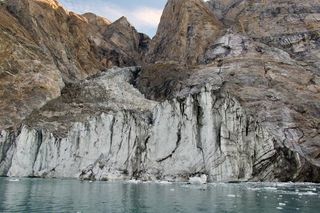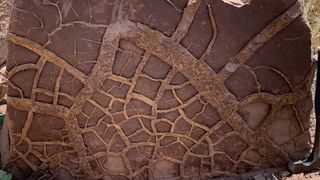Planet Earth
Explore Planet Earth
Editor's Picks
Latest about Planet Earth

'Completely unexpected': New type of wood discovered by scientists dubbed 'midwood'
By Raymond Wightman, Jan Łyczakowski published
Tulip trees were long renowned for their carbon storage. Their unique wood may be responsible.
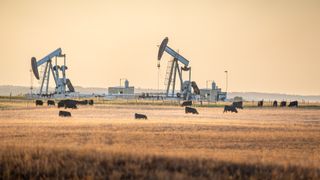
Greenhouse gas 80 times more potent than CO2 is rising in the atmosphere — and fast
By Pep Canadell, Marielle Saunois, Rob Jackson published
Human activities now account for two-thirds of all methane venting to the atmosphere, and our efforts to staunch the flow are not yet bearing fruit.

'I have never written of a stranger organ': The rise of the placenta and how it helped make us human
By Jules Howard published
"Human evolution has occurred both due to, and in spite of, the placenta. Every pregnancy, unthinkingly, must navigate a careful path through it. Every menstruation is testament to it. It is partly why menopause exists, to give individuals an escape from the energetic costs associated with its imposition."
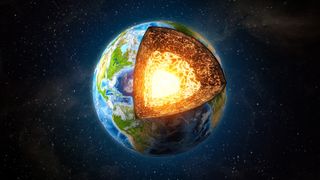
Supercooling of Earth's inner core may finally reveal how old it is
By Alfred Wilson-Spencer published
The Earth's core may be much younger than previously thought.
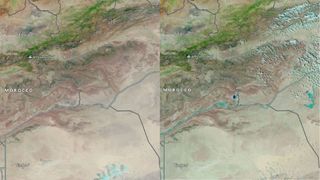
Sahara desert hit by extraordinary rainfall event that could mess with this year's hurricane season
By Olivia Ferrari published
The world's largest hot desert, the Sahara, is being hit with unusually heavy rain. Scientists are unclear why, but it may be linked to a subdued Atlantic hurricane season.
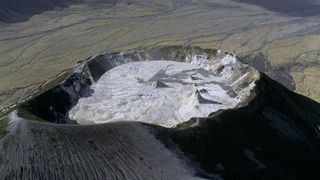
'Mountain of God' volcano in Tanzania is bulging, study finds
By Sascha Pare published
Satellite data suggest a volcano in Tanzania that expels extremely runny lava could be creeping toward an eruption.
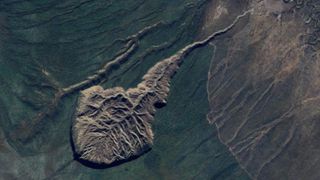
Gateway to the underworld: The enormous permafrost 'megaslump' in Siberia that keeps getting bigger
By Sascha Pare published
The growing "gateway to the underworld," officially known as the Batagay megaslump, is the largest megaslump in the world and exposes permafrost layers that are 650,000 years old.
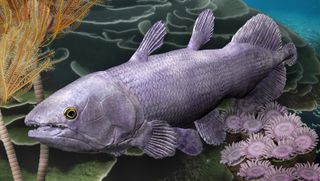
Ancient relative of 'living fossil' fish reveals that geological activity supercharges evolution
By Stephanie Pappas published
The ancient coelacanth, which has existed for some 419 million years, never stopped evolving despite its reputation as a "living fossil." A new discovery reveals that it evolved faster when plate tectonics were most active.
Sign up for the Live Science daily newsletter now
Get the world’s most fascinating discoveries delivered straight to your inbox.



